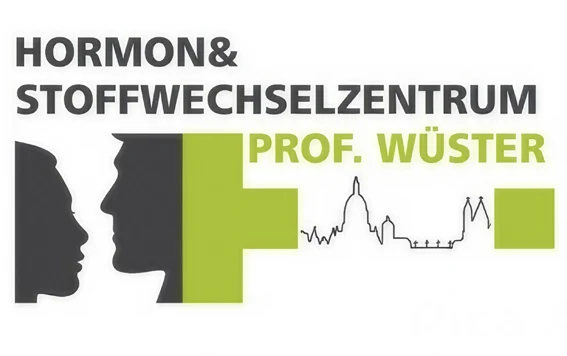Doctor Prof. Dr. Christian Wüster from Mainz about the thyroid gland
The thyroid gland plays a key role in all metabolic processes
It plays a key role in our body – the thyroid gland. The thyroid gland is involved in all metabolic processes. Growth, maturation and development are the main tasks of the thyroid gland. ‘If the thyroid gland does not function properly, this can have very different consequences,’ says Mainz-based doctor Prof Dr Christian Wüster. Tiredness, listlessness, depression and digestive problems – the consequences are very different and can have a massive impact on our lives.
The thyroid gland is a phenomenal organ. It has the shape of a butterfly. The body lies in front of the windpipe, the wings lie on either side of the windpipe. Only very rarely is a functioning thyroid gland visible from the outside. In women, the thyroid gland has an average volume of around 18 ml. In men it is around 25 ml. The thyroid gland consists of small vesicles, the so-called follicles. The cells in the follicles produce hormones. The thyroid gland is supplied by the blood. The doctor and endocrinologist Prof Dr Christian Wüster diagnoses and treats malfunctions of the thyroid gland in his practice in Mainz.
Diagnosis and treatment in Mainz: hyperthyroidism and hypothyroidism
The hormones produced in the thyroid are thyroxine, which is also called “T4” because of the four iodine atoms, and thyriodothyronine, which is called “T3” because of the three iodine atoms. These hormones work throughout the body. If the thyroid produces enough hormones, then our body functions. The situation is completely different if the thyroid does not function properly. If too many or too few hormones are produced, this is referred to as hyperthyroidism or hypothyroidism.
Hormone production is controlled by the hormone TSH, which is produced in the pituitary gland. The pituitary gland, medically known as the hypophysis, is an organ the size of a cherry stone, weighing around one gram, which hangs like a drop from the underside of the brain at around the level of the root of the nose. If the TSH level rises, the thyroid gland releases more hormones into the bloodstream. If the pituitary gland produces fewer hormones, the thyroid gland becomes hypothyroid.
Early diagnosis of thyroid disorders in Mainz
Thyroid disorders can be diagnosed very well and very early in Prof Dr Wüster’s practice in Mainz. And even before physical symptoms due to thyroid dysfunction occur. The TSH value is of central importance here. The TSH value can be determined promptly in Prof Wüster’s laboratory in Mainz after a blood sample has been taken.
However, the endocrinologist will also carry out further examinations – for example with regard to the thyroid tissue. It can be assumed that a thyroid dysfunction can be detected in one in three Germans. This malfunction usually goes unnoticed. It has little or no effect on well-being. If there are noticeable changes in the thyroid gland, treatment should be started as soon as possible. An individual treatment plan is then drawn up together with the patient. Endocrinologist Prof. Dr. Christian Wüster is happy to provide information about the diagnosis and treatment of thyroid diseases in his practice in Mainz.
Picture: © medistock/Fotolia

